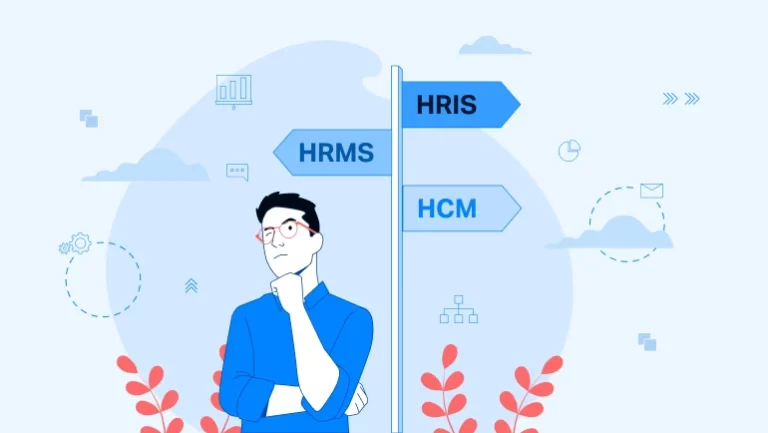It is quite natural if you have missed filing your returns or postponed it to a later date due to various reasons. Generally, people are scared to pay their taxes because they fear they might be in a bigger debt and are currently not in a situation to repay such an amount. Some newbies do not know how to file due to lack of experience. Irrespective of your reasons and inability to file returns, we are here to assist you and guide you through the process. File your returns immediately and we professionals will be able to make arrangements for you to solve all your tax liability issues. Know more about Unfiled Tax Returns Michigan
CONSEQUENCES OF NON-FILING OF TAX RETURNS
Many people are unaware of the consequences if you do not file your taxes. This is going to blow your mind but if you earn a certain amount of income and if you fail to file your tax returns then it is considered a crime, and you will be severely punished for it. It could escalate to a case and after a trial, if you have been found guilty, then you could go to jail for it. Accumulating your taxes is only going to be disadvantageous for you. You will be buried in huge debt and end up owing millions of dollars to the IRS unnecessarily.
SEEK THE HELP OF A TAX PROFESSIONAL
Never make the mistake of not filing your tax returns for several years. It is less expensive if you pay your debt off at the right time than to accumulate it for many years and let it become the biggest financial burden to you and your career. But, due to unforeseen circumstances you are unable to pay off your debt, always hire a tax lawyer to guide you through the process. A professional will be able to help you file your returns in the quickest way possible and reduce your tax burden. They will be able to help you with gathering the required documents and filing your back tax returns that have been sitting idle for many years and resolve all your problems immediately. Your tax attorney will be able to devise the perfect plan, come up with the best defence by scrutinising your financial situation, understand the reasons for your inability to file your taxes at the right time and minimise your debt to the lowest amount possible. Rely on your attorney to invent the best strategy to resolve your tax bills and liability in case you owe large amounts to the IRS. Your attorneys will be able to establish an arrangement and articulate your inability to repay your taxes to the IRS. Your lawyer will be able to negotiate and get you the best deal possible i.e. settlement of debt for the lowest amount possible. As professionals, we provide the best tax attorneys who are well-experienced in handling intricate tax issues. Choose us for your tax issues and you will not regret it.




